Whether you’re a close contact or COVID-19 positive, it’s essential to look after both your own and your family’s health and well-being while in isolation. It is currently an Australian public health requirement that anyone diagnosed with COVID-19 be isolated. The number of days required for isolation varies in every state, best to check on your state’s requirements. Isolating protects the people around you and the broader community.
Most people experience mild symptoms or no symptoms at all (asymptomatic). These can be managed with over-the-counter medication and ordered via GimmeNow to avoid leaving home.
Try to get plenty of rest, drink lots of water and eat well. You can still do moderate exercise if you feel well enough, within your home or garden if you have one.
Seek urgent medical attention if you develop severe symptoms. Adults with severe COVID-19 symptoms may be treated in hospital with corticosteroids, antivirals, and other drugs depending on how severe their symptoms are.
What to Buy?
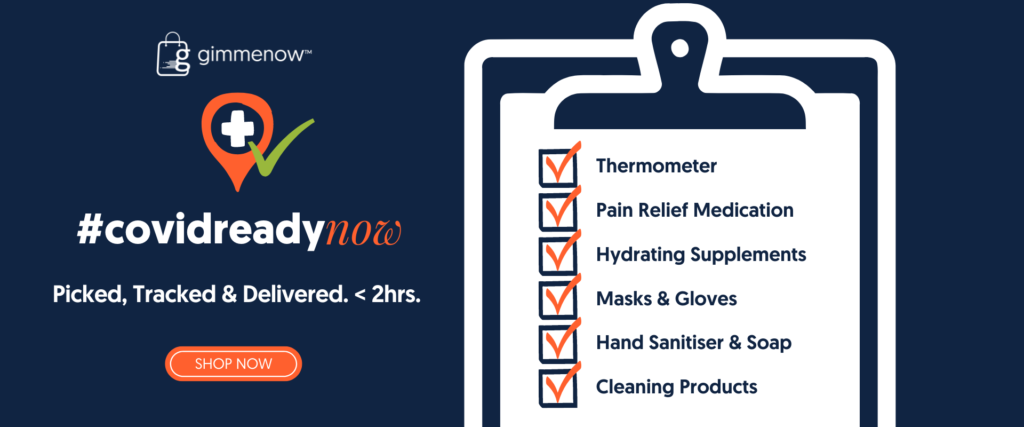
You don’t need to max out your credit card, but a few essentials will come in handy during ‘iso’.
Thermometer: you can measure your body temperature using a thermometer. A fever, which can be a symptom of COVID-19, is a temperature of 38°C or higher.
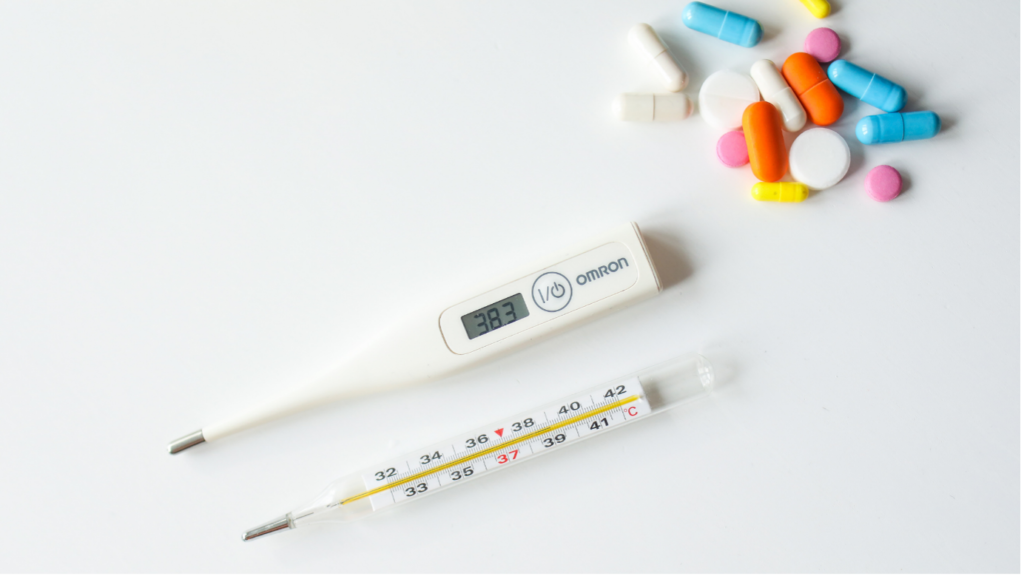
Pain-relief medicine: paracetamol (e.g. Panadol) or ibuprofen (e.g. Nurofen) may ease any discomfort caused by fever.
Your usual medications: make sure you have at least a week’s supply of any medicines you regularly take, including prescription medicines.
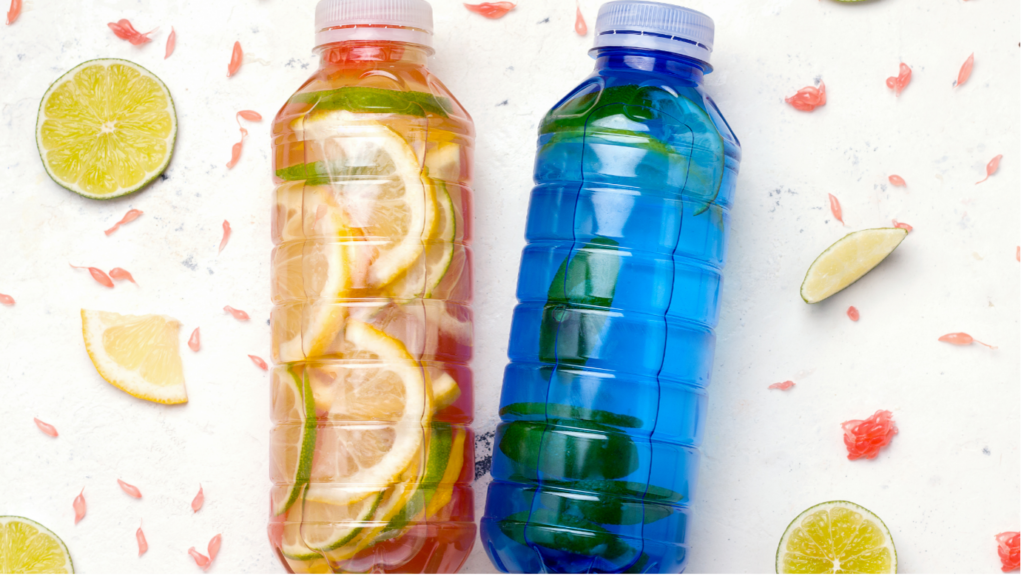
Treatment for dehydration: some people with COVID-19 may experience vomiting or diarrhoea, leading to dehydration. Consider keeping an over-the-counter oral hydration solution (available at pharmacies and delivered to your door by GimmeNow in less than 2 hours).
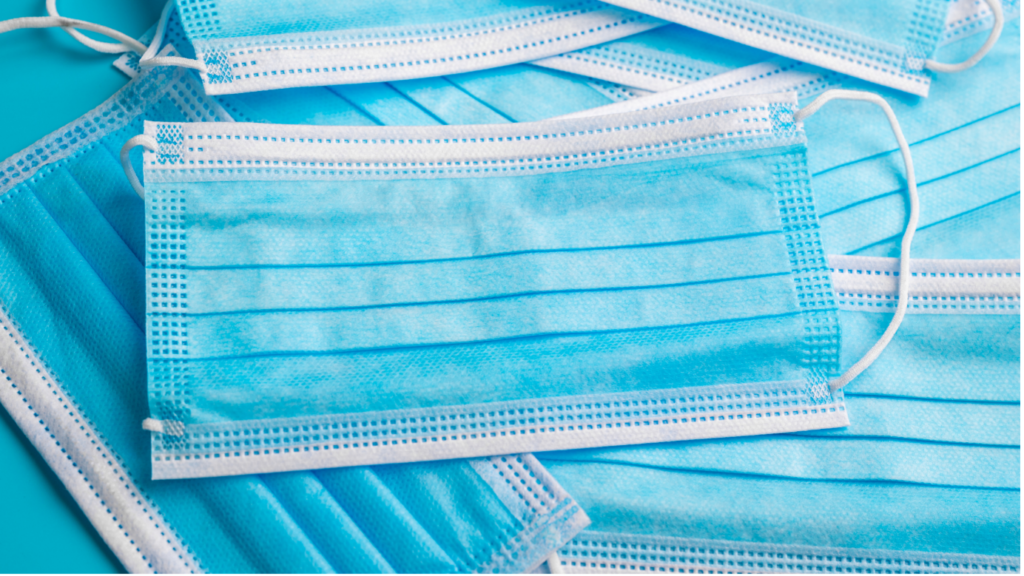
Disposable surgical masks: COVID-19 is more likely to spread within a household than in many other settings. Everyone should wear masks when in a room together if you’re isolating in a home with other people — particularly if they’re older or more at risk of complications from COVID-19.
Hand sanitiser and soap: good handwashing helps prevent the spread of viruses. Ensure you have enough liquid soap to get your household through iso. We recommend antibacterial soaps just as an added good measure.
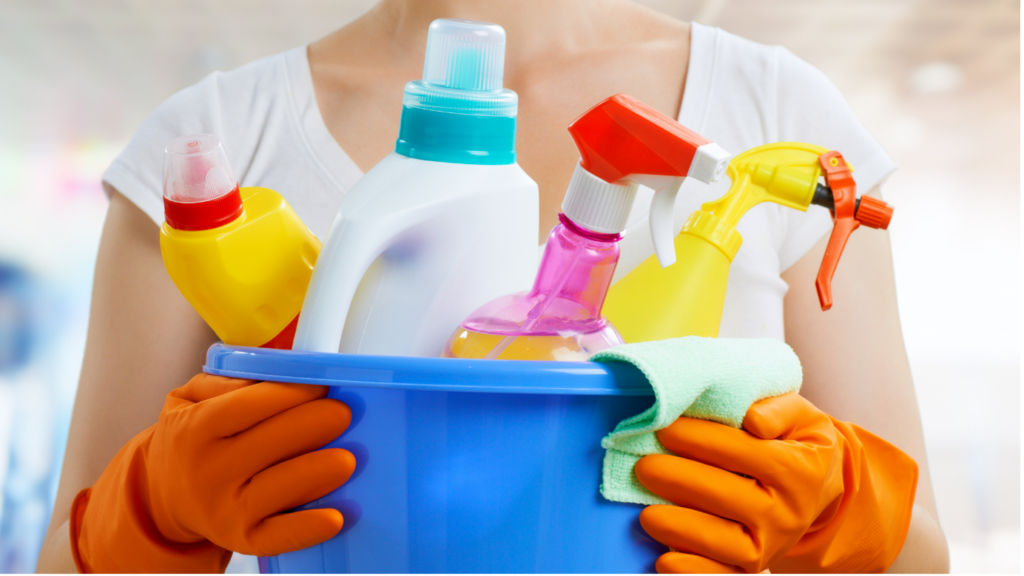
Cleaning products and disposable gloves: while the risk of transmission from a contaminated surface is low, coronaviruses such as COVID-19 can survive on frequently-touched surfaces — including doorknobs, light switches and remote controls — for up to a few days. Stock your cupboard with household detergent* and disinfectant*. Use disposable gloves when cleaning up, making sure to dispose of them and wash your hands as soon as you’re finished.
What’s the difference between detergent and disinfectant?
Detergents help remove germs, dirt and impurities from surfaces. Removing them lowers their numbers and the risk of spreading infection. Disinfectants are chemical solutions designed to ‘kill’, but not remove, viruses and bacteria.
NSW Health
Strengthen Your Immune System
It’s important to note that there is no solid evidence that vitamins or supplements can cure COVID-19. However, they may be helpful to strengthen your immune system to fight coronavirus.
Vitamins B, C and D, as well as zinc, may help boost your immune system and fight the illness in the same way they can help you get over a cold or flu. It’s safest to follow the daily recommended amounts your body needs unless your doctor advises otherwise.
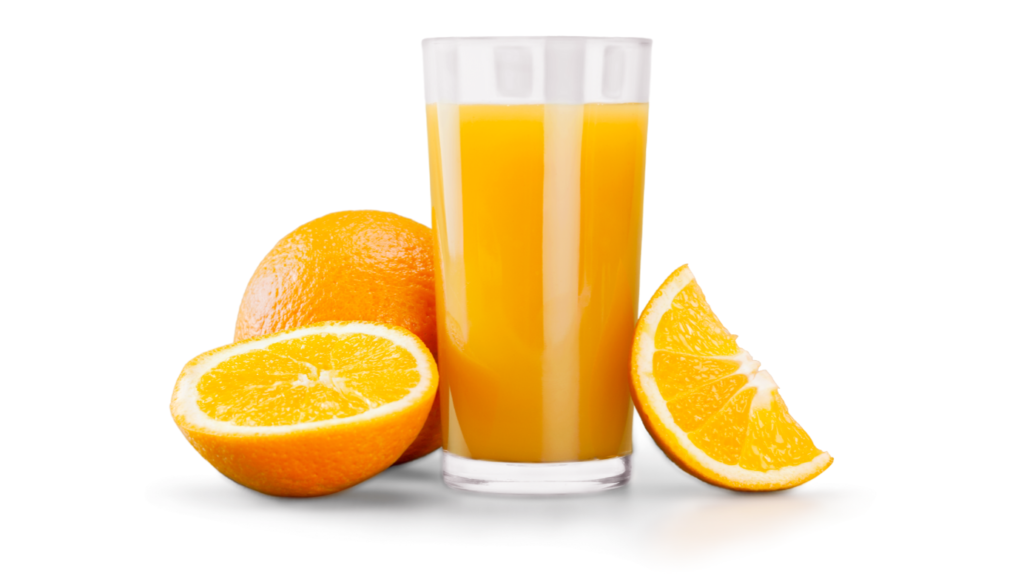
B Complex vitamins
Vitamin B6 is essential to keeping your immune system in top condition. Be sure to get enough vitamin B as a supplement, as part of your daily diet (you can also get your daily intake from fortified cereals) or in a multivitamin.
Vitamin C
Generally, vitamin C can help you fight a cold faster or ease your cold symptoms if you take it before getting sick. In addition, as an antioxidant, vitamin C can help reduce inflammation—and lung inflammation is a severe symptom of COVID-19, which can lead to respiratory distress. So if you’re still healthy, it doesn’t hurt to start taking vitamin C now.
Vitamin D
The primary function of vitamin D is to help your body maintain optimal blood levels of calcium and phosphorous, which you can get through exposure to the sun’s ultraviolet rays or from supplements and foods you eat.
Getting enough vitamin D can also protect you from a respiratory infection. Clinical studies have shown that vitamin D significantly decreases the chance of respiratory tract infections.
Zinc
Popping a zinc throat lozenge or taking an over-the-counter cold remedy with zinc in it (as a syrup or tablet) helps shorten the length of rhinovirus colds. Zinc also helps nasal congestion, nasal drainage, sore throat, and cough resolve sooner.
Zinc has been found to help produce and activate T-cells (t-lymphocytes), which trigger the bodies response to infections.
Start taking zinc to treat your illness within the first 24 hours of symptoms for a faster recovery. But, beware: Taking more than 150mg per day of zinc could cause zinc toxicity and damage your immune system.
Look after yourselves, if in any doubt, seek professional help such as a GP, hospital or 000 depending on your circumstance. Take care.



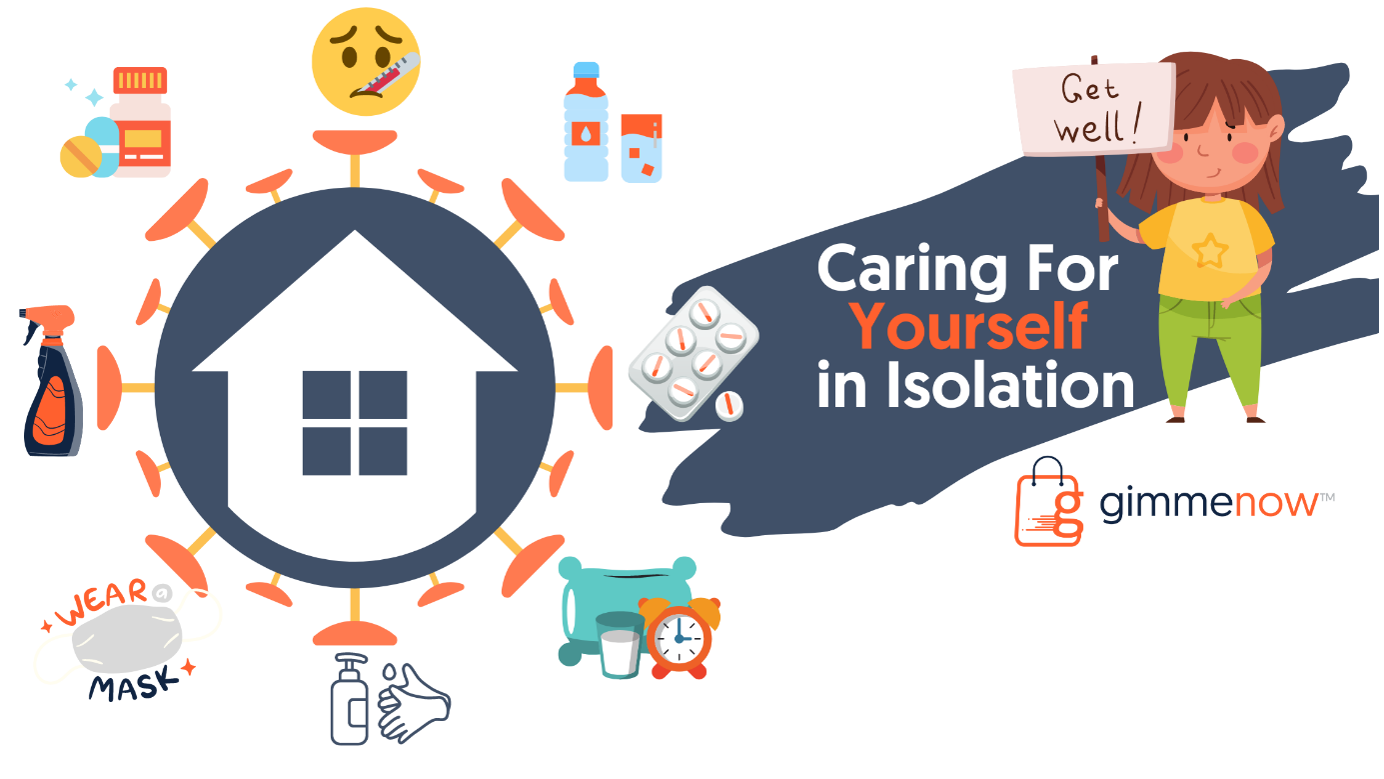
Comments are closed